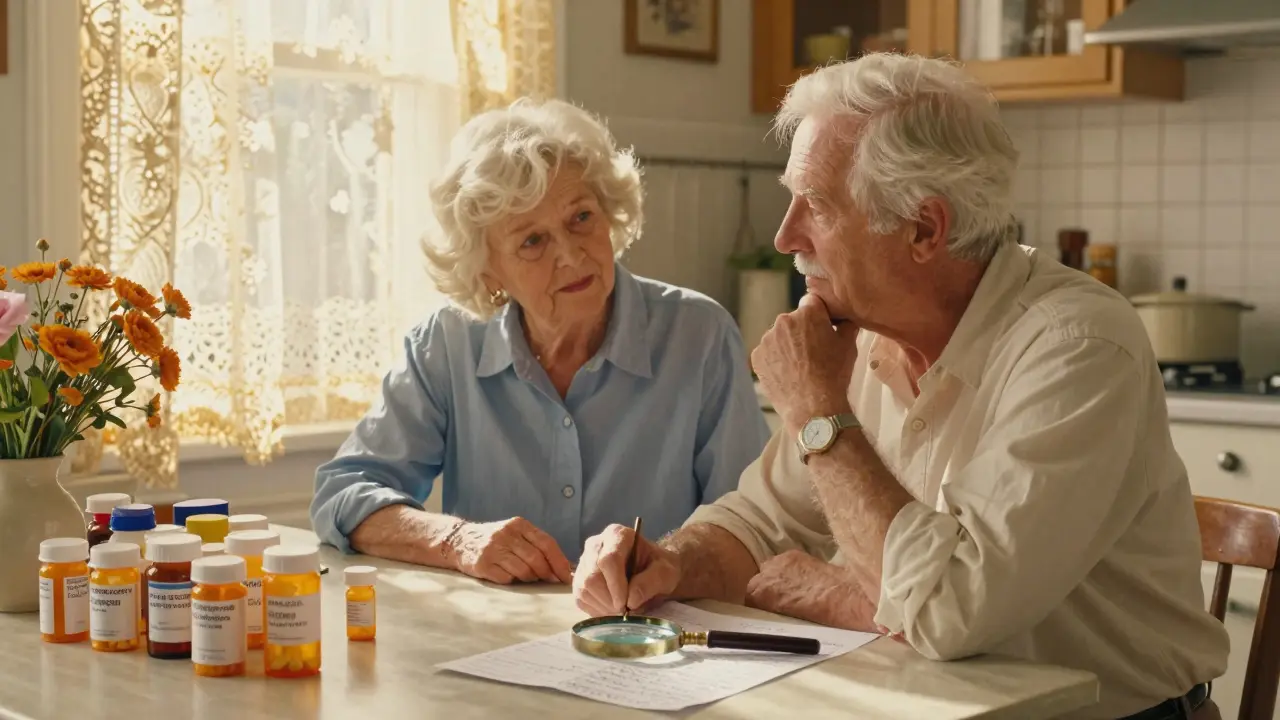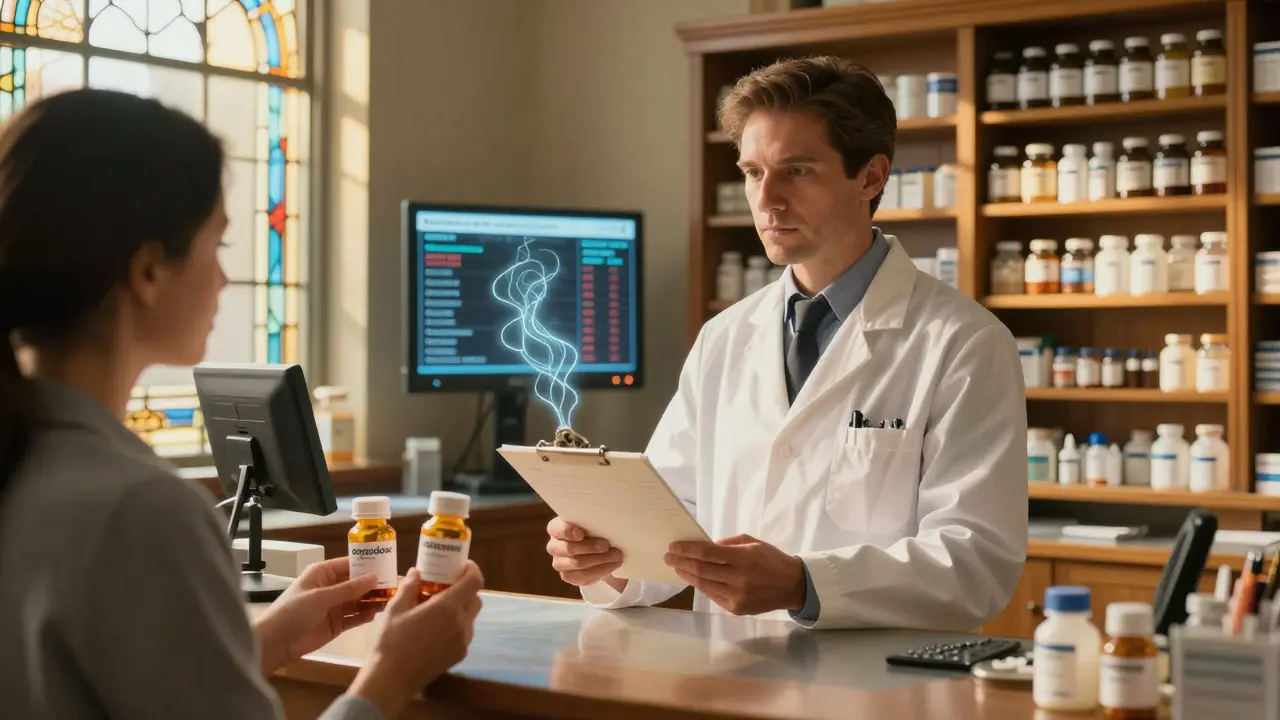Medication Safety: Simple Steps That Actually Help
Medication errors and bad online pharmacies can cause real harm. You don’t need medical training to take smart steps that lower risk. Read this if you want clear, practical actions for taking, storing, and buying medicines safely.
Quick safety checklist
Before you take any medicine, confirm the name, dose, and timing. Keep medicines in their original bottles so labels and instructions stay with them. Write down the active ingredient — that helps spot duplicates and interactions. If you feel unexpected dizziness, rash, severe stomach pain, or breathing trouble, stop the drug and call your doctor or emergency services.
Know three red flags for unsafe meds: 1) a seller that won’t require a prescription for prescription-only drugs, 2) no verifiable business address or phone number, and 3) products priced far below normal with vague packaging. If any of these pop up, walk away.
How to buy meds online safely
Pick pharmacies that clearly display licensing, a physical address, and pharmacist contact info. Look for sites that ask for a valid prescription and offer secure checkout (SSL padlock in the browser). Read recent customer reviews but focus on verified ones and search for complaints on outside forums.
Compare active ingredient names rather than brand names — generics often save money and are the same drug. If a site asks for unusual payment methods (gift cards, crypto only), that’s a strong warning sign. Use a credit card for buyer protection and keep order records, receipts, and tracking numbers.
If your order is delayed or a prescription is stuck, get the order ID, email pharmacy support, and attach proof like a prescription image or payment receipt. Be concise, include dates and IDs, and follow up politely but firmly. That approach speeds up resolution more than long-winded messages.
Check every package on arrival. Look for broken seals, missing inserts, or changed tablet color/shape. If anything looks off, don’t take the medicine — call your pharmacy and your prescriber. They can confirm authenticity or arrange a replacement.
Avoid mixing medicines without checking interactions. Use a trusted interaction checker or ask a pharmacist. Pay special attention if you’re pregnant, breastfeeding, elderly, or have liver or kidney disease — dosing and risks change in these situations.
Store meds away from heat and moisture, out of reach of kids. Dispose of expired or unused drugs through a pharmacy take-back program or local guidelines — flushing is usually not recommended.
If a side effect appears that concerns you, report it. Tell your prescriber, call your pharmacist, and consider reporting to a national drug safety agency in your country. Reporting helps protect you and others by tracking dangerous trends.
Want quick help? Use RxStore-365’s guides on buying specific drugs, spotting fake pharmacies, and managing side effects. A few smart checks before buying or taking medicine can prevent most problems and keep you safer every day.

Generic Drug Safety in Older Adults: What You Need to Know
Generic drugs are cheaper and widely used by older adults, but age-related changes in metabolism and polypharmacy increase risks. Learn how to stay safe with medication, recognize red flags, and work with your care team.
Read More
How to Prevent Early Refills and Duplicate Therapy Mistakes in Pharmacy Practice
Learn how to stop early refills and duplicate therapy mistakes in pharmacy practice with proven protocols, EHR tools, and staff training. Reduce overdose risks and improve patient safety with actionable steps.
Read More
Post-Menopausal Women and Medication Changes: Safety Considerations
Post-menopausal women face unique medication risks due to changes in metabolism, polypharmacy, and hormone therapy safety. Learn what drugs to avoid, non-hormonal alternatives, and how to prevent dangerous interactions.
Read More




